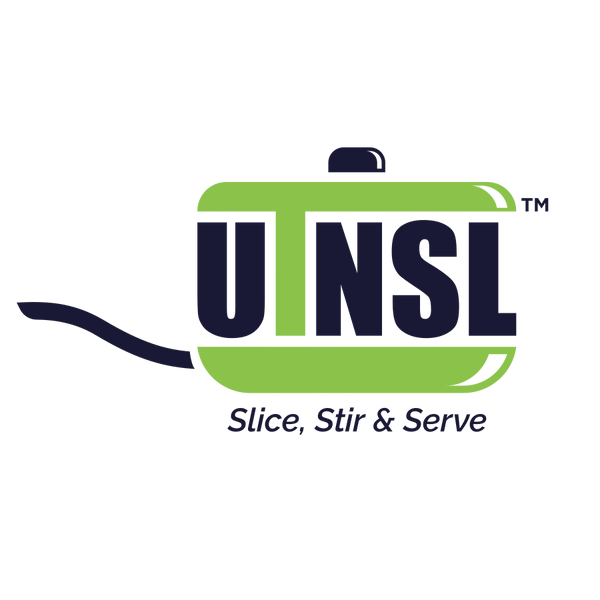UTNSL began as the world was hurled into lockdown. I was working as a lawyer in Kuwait and my wife was a computer engineer. We had sent our son to India for a brief stay when the unthinkable happened. All the airports were shut down.
Ten months in, we were desperate to reunite. Seizing a chance, my wife and I reached Kerala. It was my father-in-law who asked me if I'd consider joining him.
He's been in business for over thirty years as a manufacturer and a seller of traditionally beloved utensils like the cheenachatty (kadai) and the uruli. Sandcasting had been the conventional manufacturing practice for decades. But all over the world, things were changing. After much research, I discovered a better alternative—diecasting.
Instead of crushing the metal through a hydraulic press, we poured the molten ore directly into the mould This resulted in a product that was easier to create, sturdier and needed lesser production time. We experimented with a few die-casted anodized aluminium vessels, receiving a greater response.
Non-stick cookware is praised for its ease of cooking and cleaning. So we thought, "Why not give our traditional aluminium vessels a coating to go with it?" The greatest disadvantage of any nonstick vessel is its wear and tear. But we developed a heat-resistant range, assuring a recoat in case of any damage, and encourage our customers to use our silicon spatulas inlaid with metal.
Through showcasing our products at exhibits across India, UTNSL has garnered an enthusiastic reception in many areas. Some say that UTNSL is an unusual vocation for a lawyer and an engineer. It may not have ever been on my agenda then, but I now embrace this field wholeheartedly!

